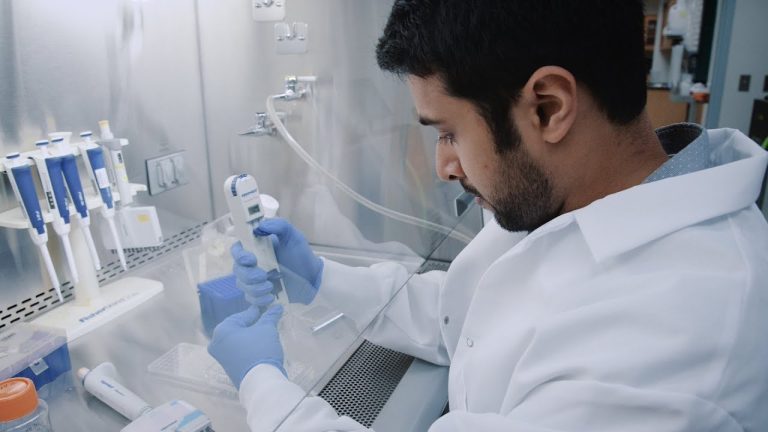Laboratory Information Management Systems (LIMS) are refined devices that work with the mind boggling tasks of present day labs. In any case, given the variety in laboratory capabilities across various enterprises, areas, and scales, a one-size-fits-all approach may not do the trick. The inquiry emerges, might a LIMS at any point be modified to meet a particular laboratory’s requirements? The response is indeed, and this is the way. The lims software streamlines laboratory workflows, enhancing efficiency, accuracy, and data management.
Modular Design: Numerous LIMS are designed with a modular engineering, permitting research centers to choose and incorporate just the modules pertinent to their particular requirements. Whether it’s example following, quality control, or reporting, research facilities can pick the functionalities that line up with their workflows and functional necessities.
User-Defined Fields: Customization frequently reaches out to the degree of fields and structures within the framework. Labs can make user-defined fields that line up with their particular information assortment needs. This guarantees that the LIMS can oblige remarkable information that may be intended for a specific kind of analysis or industry.
Integration with Existing Systems: A LIMS can be custom-made to coordinate with existing laboratory hardware and programming, like Electronic Laboratory Note pads (ELNs) or Undertaking Asset Arranging (ERP) systems. This consistent integration guarantees consistency and effectiveness across all laboratory activities

Workflow Customization: Various labs have particular workflows, and an adaptable LIMS can line up with these particular cycles. By fitting the workflow within the LIMS, labs can robotize their novel methodology, guaranteeing that the framework upholds instead of impedes their tasks.
Compliance Alignment: Various businesses have changing administrative necessities. An adaptable LIMS can be designed with comply to explicit standards and guidelines, whether it’s FDA compliance in the drug business or EPA rules in ecological testing.
Scalability: As a laboratory develops or develops, its requirements change. An adjustable LIMS can scale alongside the laboratory, adding new functionalities or changing existing ones to match the lab’s ongoing prerequisites. This adaptability guarantees that the LIMS stays an important instrument all through the laboratory’s lifecycle.
Language and Localization: Worldwide associations or labs serving assorted networks might require their LIMS in various languages or lined up with neighborhood guidelines. Customization considers localization of the LIMS to take care of these particular requirements.
Therefore, lims software streamlines laboratory operations, managing data, samples, and workflows efficiently and accurately.








